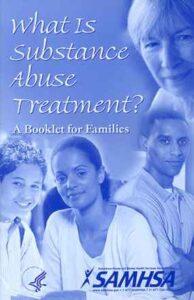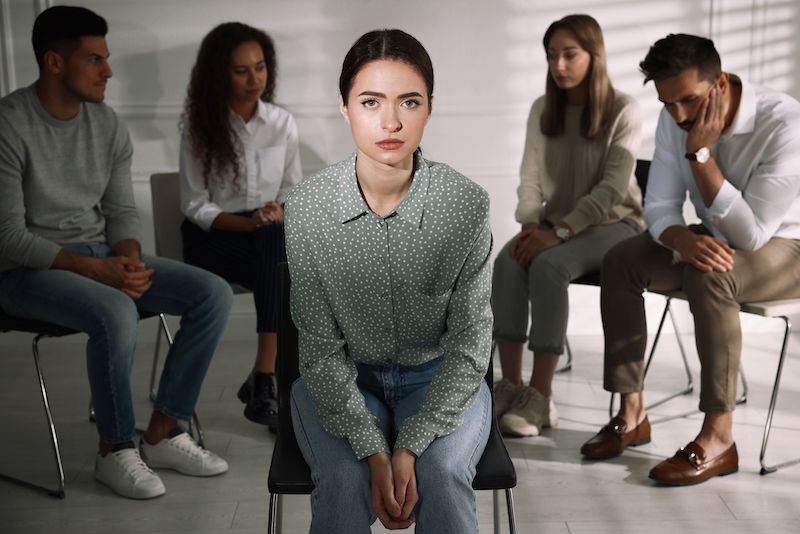Involving loved ones used to be a cornerstone of addiction care—but no longer. It’s time to change that. Here’s why and how families need to help themselves and their loved one struggling with addiction
By Ryan Blackstock, Psy.D.
September 18, 2020I am a big advocate for family members being involved in treatment. In modern research, study after study shows that family participation generally improves treatment outcomes. Sometimes the effect is seen in the initiation of treatment (think: intervention), and other times in the maintenance of recovery.
In my early training, I worked at residential sites that, as part of the 28-day stay, had a “family week.” During Family Week, any family members invested in the alcoholic’s treatment could come, receive their own educational sessions (along with other family members of other clients), meet with a therapist both independently and with the identified client, and begin the work that lay ahead.
Where did it go? Well, as managed care entered the healthcare market, they dictated what they would pay for, and so the 28-day model of treatment went down to 21 days, and then 14. In the process, family programs got cut.
Families become damaged as a result of active addiction … Family routines change, dishonesty is common to keep others outside the family from knowing how bad it is, and the basic connections they have toward each other become strained. Sometimes love is questioned.”
Where are we now? At the treatment places where I worked most recently, family is still seen as important—but not much time can be devoted to them. Sometimes it’s as little as having family members gather and watch a video on alcoholism an hour prior to the visitation times. Sometimes family work for substance-abuse clientele is considered a “support activity,” akin to attending 12-step meetings in that it is recommended—but there is no clinical oversight.
I firmly believe family participation should be a foundation of treatment. Why? Because recovery does not happen by osmosis. A person doesn’t get well just because someone else does.
The analogy I like to use is that if one person came home with a cold, and then the other family members caught it, just because that identified client gets treatment (sees a doctor, gets a prescription and follows it, etc.), that doesn’t guarantee that anyone else in the household is going to get well.
We have to look at the magnitude of addiction. Families become damaged as a result of active addiction. There is a loss of trust, painful memories, lots of unresolved emotions. There is pain, remorse, anguish, and sometimes rage. The family learns to function differently as a result of trying to manage the addiction. Family routines change, dishonesty is common to keep others outside the family from knowing how bad it is, and the basic connections they have toward each other become strained. Sometimes love is questioned.
That damage doesn’t just disappear just because the alcoholic/addict goes to treatment.
Yes, it’s true that some families are so damaged and toxic that they present a risk to new recovery, but what I see is that most families are in a state of needing to help themselves—and are hungry for help.”
Some of the greatest advice I have ever seen given came from Father Joseph Martin, a nationally renowned addiction educator who struggled with alcoholism, entered treatment in the 1950s, and went on to help champion and popularize AA, in a talk he did about recovery and the family. He advised: “You have to get a handle on your own recovery whether they [the family members struggling with alcoholism ] do or not.” He gave the same advice to the alcoholics. Yes, it’s true that some families are so damaged and toxic that they present a risk to new recovery, but what I see is that most families are in a state of needing to help themselves—and are hungry for help.

I always invite family members to think of it this way: You have done so much to try to help the addicted person in your life. Now it’s your time to receive the help you need.
Ryan Blackstock, Psy.D., received his doctorate of psychology from the Center for Humanistic Studies in 2006 and has worked as an addiction counselor since the early 1990s. He earned a distinguished service award from the National Kidney Foundation (Michigan chapter) for pioneering a substance abuse education program for people awaiting organ transplant. Dr. Blackstock teaches at the Michigan School of Psychology master’s program. In his free time, he enjoys game design, playing heavy metal and studying symbolic aspects of ancient Egypt.
Photo: Ben White














